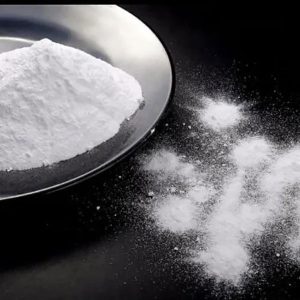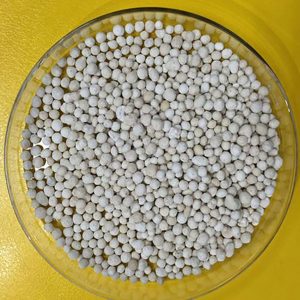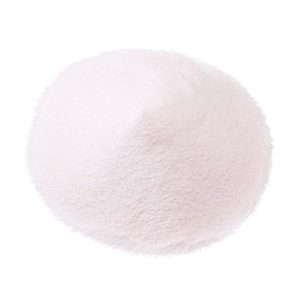Description
Iron is essential in the formation and maintenance of chlorophyll and production, and its deficiency in the plant results in the loss of chlorophyll, yellowing between the veins and reduced photosynthesis. Calcareousness of soils, low organic matter and high bicarbonate in irrigation water are factors that limit the ability to use this element for plants and cause irreparable damage to the amount of production and product quality.
Advantages
Sulfate makes the soil acidic and causes the growth of lawn dust. Too alkaline soil damages the growth of grass.
Controls unwanted moss that spoils the appearance of your lawn
Reduces the chance of grass disease
Fertilizes the soil
It is necessary for the production of chlorophyll
Amount and method of consumption
Trees: In winter, in the middle part of the shade, along with organic fertilizer, sulfur, etc., in the form of chalk or channel fertilizer, 500 to 1000 grams per fertile tree should be used.
Agricultural plants: When preparing the seed bed, it should be used together with other winter fertilizers at the rate of 100 to 200 kg per hectare.
Foliar spraying: Fruit trees should be sprayed with 3 to 5 per thousand liters of water and crops with 3 to 4 per thousand liters of water.








Reviews
There are no reviews yet.